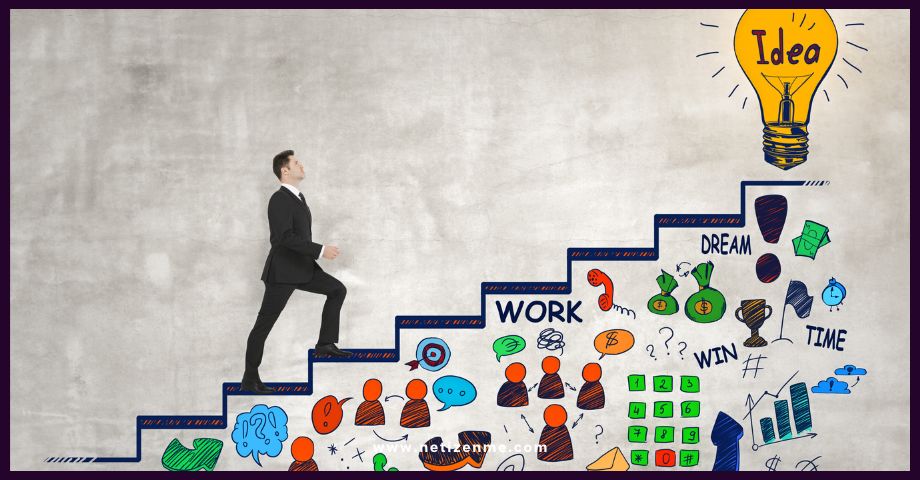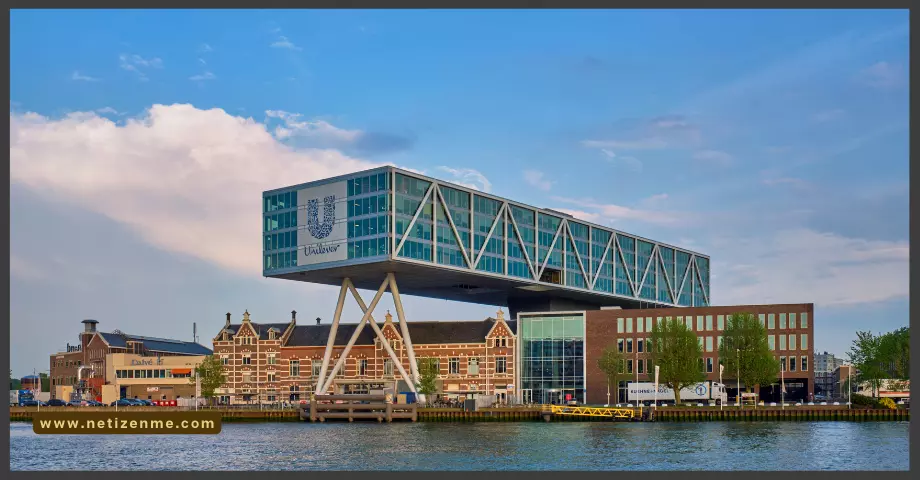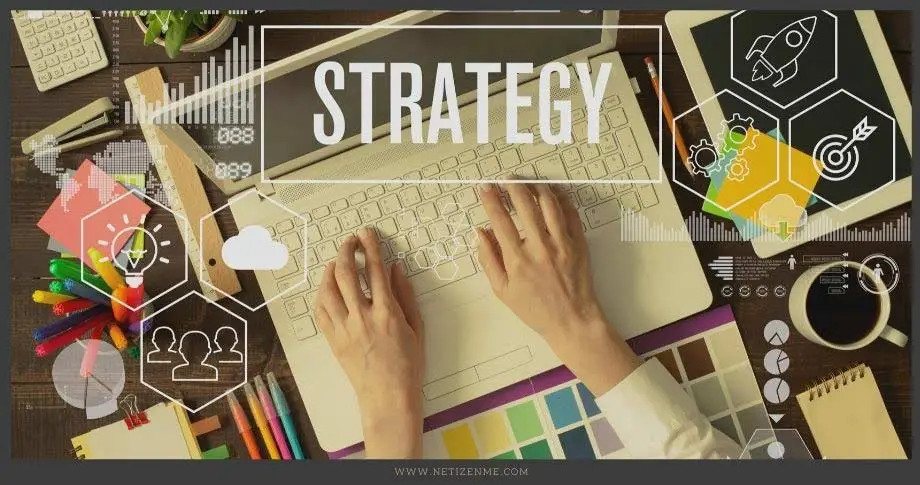Implementing organizational learning is a process that requires thoughtful introspection and a commitment to continuous improvement.
In today’s rapidly changing business landscape, organizational learning is a crucial process that empowers companies to adapt, grow, and maintain a competitive edge. It encompasses acquiring, interpreting, and applying knowledge to enhance performance and achieve strategic objectives. In this article, we will delve into the essential steps organizations can take to implement and cultivate a culture of continuous learning successfully. By embracing these guidelines, businesses can unleash their full potential and thrive in the face of evolving challenges.
Steps helpful in implementing organizational learning:
01. Embrace Active Learning:
Embracing an active learning approach is crucial to kickstart the organisational learning process. This means encouraging employees to engage in experiential learning, hands-on activities, and real-world problem-solving. By actively participating in the learning process, individuals are more likely to retain information, gain practical skills, and apply their knowledge effectively.
02. Foster a Learning Culture:
Creating a learning culture is essential for organizational learning to thrive. Leaders should foster an environment where continuous learning is valued, supported, and rewarded. This can be achieved by promoting open communication, encouraging collaboration, and providing opportunities for professional development. When employees feel empowered to learn and grow, a positive feedback loop drives organizational learning forward.
03. Capture and Share Knowledge:
Knowledge management is vital to organizational learning. Establish systems and processes to capture and document valuable insights, lessons learned, and best practices. This can include implementing knowledge-sharing platforms, conducting post-project reviews, and encouraging employees to contribute their expertise. By making knowledge easily accessible and encouraging its dissemination, organizations can leverage collective wisdom and accelerate the learning process.
04. Encourage Reflection and Feedback:
Reflection and feedback are powerful tools for individual and organizational growth. Encourage employees to reflect on their experiences, successes, and failures and provide opportunities for them to share their insights. Regular formal and informal feedback loops enable continuous improvement and facilitate learning at all levels of the organization. Foster a safe and supportive environment where mistakes are seen as learning opportunities rather than failures.
05. Promote Cross-Functional Collaboration:
Organizational learning thrives when employees from different departments and backgrounds collaborate and share their perspectives. Encourage cross-functional teams, interdepartmental projects, and knowledge exchange initiatives. This diversity of thought and expertise fosters innovation, expands the collective knowledge base, and encourages creative problem-solving. By breaking down silos and promoting collaboration, organizations can harness the power of collective intelligence.
06. Invest in Learning Technologies:
In today’s digital age, leveraging learning technologies can significantly enhance organizational learning efforts. Implementing learning management systems, virtual training platforms, and online resources can provide employees with on-demand access to relevant learning materials. Gamification, micro-learning, and interactive modules can make the learning experience engaging and enjoyable. By embracing technology, organizations can create scalable and personalized learning opportunities for their workforce.
Implementing organizational learning is a strategic imperative for companies aiming to thrive in a rapidly evolving business landscape. Organizations can unlock their full potential and drive continuous improvement by embracing an active learning approach, fostering a learning culture, capturing and sharing knowledge, encouraging reflection and feedback, promoting cross-functional collaboration, and leveraging learning technologies. Remember, organizational learning is an ongoing journey, and by prioritizing it, companies can stay agile, innovative, and adaptable in an ever-changing world.
This article is written by:
Our professional writers and editors are passionate about sharing high-quality information and insights with our audience. We conduct diligent research, maintain fact-checking protocols, and prioritize accuracy and integrity to the best of our capacity.
You can cite our articles under the author name "Netizenme"





